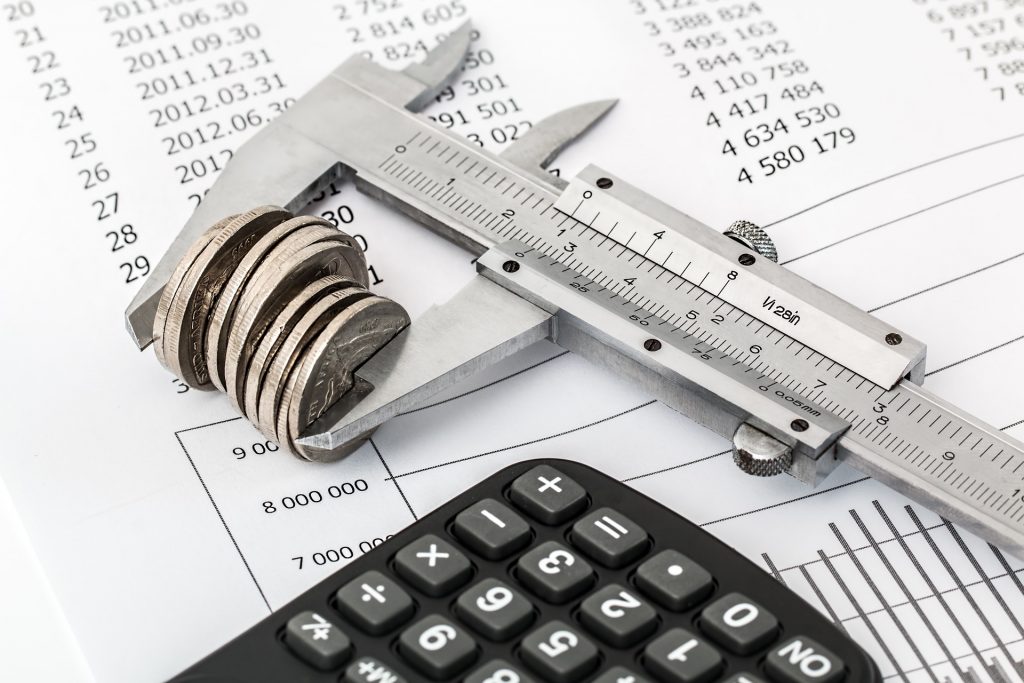
Research and development, R&D, offers businesses a means to grow and thrive by focusing on innovation. This can be about improving processes, developing or refining products, or a combination of all these things.
The UK Government recognises the intrinsic value of R&D for businesses, and consequently it provides tax relief and tax credits for certain types of revenue expenditure connected to research and development.
As specialists in high temperature insulation and thermal management products and solutions, Elmelin recognises the value of R&D for our varied client-base. We also understand that sometimes the whole issue of R&D costs, and what businesses can claim, can be complex.
Here is a brief guide to give you more clarity about R&D.
Identifying Eligible R&D Work
The first barrier many businesses come up against is how they define research and development. R&D might suggest a fairly narrow kind of work, mainly to do with technical product innovation, and therefore confined to certain manufacturing businesses.

However, because R&D tax credits are claimable on day to day operational costs, rather than money spent on fixed assets, they cover a whole range of work, which includes:
software | consumables | staffing costs | subcontracted R&D | externally provided workers
They also apply to payments made to people who are the subjects of clinical trials.
Larger companies can also include contributions made to certain individuals or organisations who have carried out qualifying R&D work.
What types of project involving these work factors count as R&D?
Understanding R&D Projects
To qualify for R&D relief, work must be part of a specific project which is aiming to make advances in science or technology.
The project must also relate to the trade of the company making the claim. This can be an existing business, or one that you plan to start up based on your research and development.
This kind of research may be about looking at or developing a whole new process, product or service. It could also be about making improvements to these things.
Claiming R&D costs means demonstrating that the project concerned has looked for an advance in science and technology; has overcome or tried to overcome uncertainty; and is not something that a professional in the field could easily work out.
Looking for an advance must extend beyond your business. It must be something that applies to the overall field in which you work. It cannot simply be an existing technology that your sector is using for the first time.
However, it does not have to have been developed by your company. If someone else has developed the work, but it is not yet publicly known, then you can still claim R&D on it.

The Importance of Uncertainty
R&D eligibility hinges to a large extent on uncertainty. This is about bridging the gap between knowledge of the feasibility of something and making it workable in practical terms.
Uncertainty drives the need to achieve a goal or set of goals. It is also worth bearing in mind, for R&D purposes, that not all problems are uncertainties. Some problems might be resolvable through discussions, or may be technical problems that have already been resolved previously, in similar systems or circumstances.
Claiming R&D tax relief means being able to demonstrate a level of uncertainty that has required research and development input. It requires explaining the uncertainty in the context of what the known conditions of the field of research are currently. It could be that others have already attempted to overcome these issues and have not succeeded.
You must document your R&D methods, including investigation and analysis. This should show that the path to a solution has not been straightforward. This can even be to the extent that you have not overcome uncertainties and may have encountered a degree of failure.
R&D can be present even if a project fails commercially.
Qualifying Costs
We looked at the kinds of work eligible for R&D tax relief earlier. Here are examples of the kinds of typical costs associated with them.
When it comes to staffing, you can claim for salaries, wages, class 1 NIC and pension fund contributions for anyone directly employed on your R&D project. This includes hands-on work, and any supervisory and managerial time spent on these employees.
Support staff, such as admin, do not generally qualify, unless their work relates to qualifying indirect R&D activities.
You can also claim a proportion of staff costs for external agencies employing people directly working on your project, and for subcontractors.
You can claim for the cost of consumables used directly for your R&D project, including a proportion of any water, fuel and power you use.

The cost of any software directly used in your project is eligible, and this can be applied proportionately, where it is only partly used.
Prototyping and R&D
Prototyping can be a critical step in the successful development of a product or process. It allows you to test the functionality of designs and the performance of materials.
Under the R&D rules, you can claim for prototyping costs, including design, construction and testing, providing you are not building the prototype with a view to selling it as a product in its own right.
Elmelin has comprehensive prototyping capabilities, and we can come within the scheme as subcontracted R&D, providing your project meets other eligibility criteria.
Available R&D Relief
Depending on the size of your business or organisation, there are different kinds of R&D relief.
For SMEs of a qualifying size, there is SME R&D relief, which allows them to take an extra 130% off their qualifying costs from their yearly profit, on top of the normal 100% deduction. This is a total deduction of 230%.
Larger companies can benefit too, with Research and Development Expenditure Credit (RDEC). This tax credit is for 11% of R&D expenditure within a calendar year.
Could You Benefit from Research and Development?
We can help you with your research and development project and you may be in a position to claim money back.
Call us on +44 20 8520 2248. Alternatively, please email sales@elmelin.com, or complete our online enquiry form. We’ll get back to you as soon as possible.
